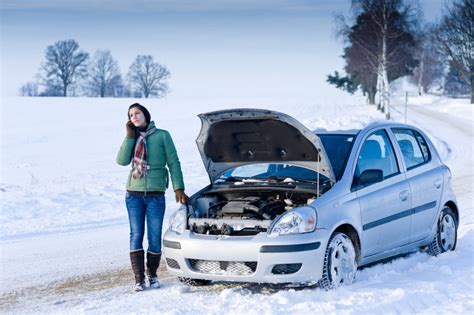Taking care of your car during the winter is essential to ensure its performance, safety, and longevity. Here are some tips to help you prepare your car for the winter season:
- Check the Battery: Cold weather can be hard on car batteries. Have your battery tested to make sure it’s in good condition, and replace it if necessary. Clean any corrosion from the terminals.
- Inspect the Antifreeze/Coolant: Ensure that your car has the correct ratio of antifreeze to water in the cooling system. This prevents the coolant from freezing in cold temperatures. Check the levels and top up if needed.
- Check the Tire Pressure: Cold air causes tire pressure to drop, so check your tire pressure regularly during the winter months. Make sure they are properly inflated for optimal traction and fuel efficiency.
- Switch to Winter Tires: Consider using winter tires, especially if you live in an area with heavy snowfall. These tires are designed for better traction in cold conditions.
- Inspect the Brakes: Have your brakes checked to ensure they are in good working order. Icy and snowy conditions require reliable brakes for safe driving.
- Replace Wiper Blades and Fluid: Ensure your windshield wiper blades are in good condition and replace them if they are worn. Use winter-grade windshield washer fluid to prevent it from freezing.
- Check the Heater and Defroster: Make sure your heater and defroster are working properly. This will keep you warm and help maintain good visibility
- Check the Lights: Ensure that all exterior lights are working, including headlights, brake lights, and turn signals. Winter days are shorter, and good visibility is crucial.
- Keep the Gas Tank Full: A full tank of gas can help prevent the fuel line from freezing. It also provides extra weight, which can improve traction in slippery conditions.
- Pack a Winter Emergency Kit: Prepare a winter emergency kit that includes items like a blanket, flashlight, extra warm clothing, gloves, a first aid kit, and non-perishable snacks. This can be invaluable in case of an emergency or breakdown.
- Protect the Exterior: Consider applying a wax or protective coating to the exterior of your car to shield it from harsh winter elements and road salt, which can cause corrosion.
- Check the Oil: Cold weather can affect the viscosity of your engine oil. Consider using winter-grade oil to ensure proper lubrication in lower temperatures.
- Drive Safely: Adjust your driving habits for winter conditions. Increase your following distance, drive at a safe speed, and avoid sudden movements or sharp turns.
Regular maintenance and proactive measures can help keep your car in top condition during the winter months, ensuring both your safety and the longevity of your vehicle.


